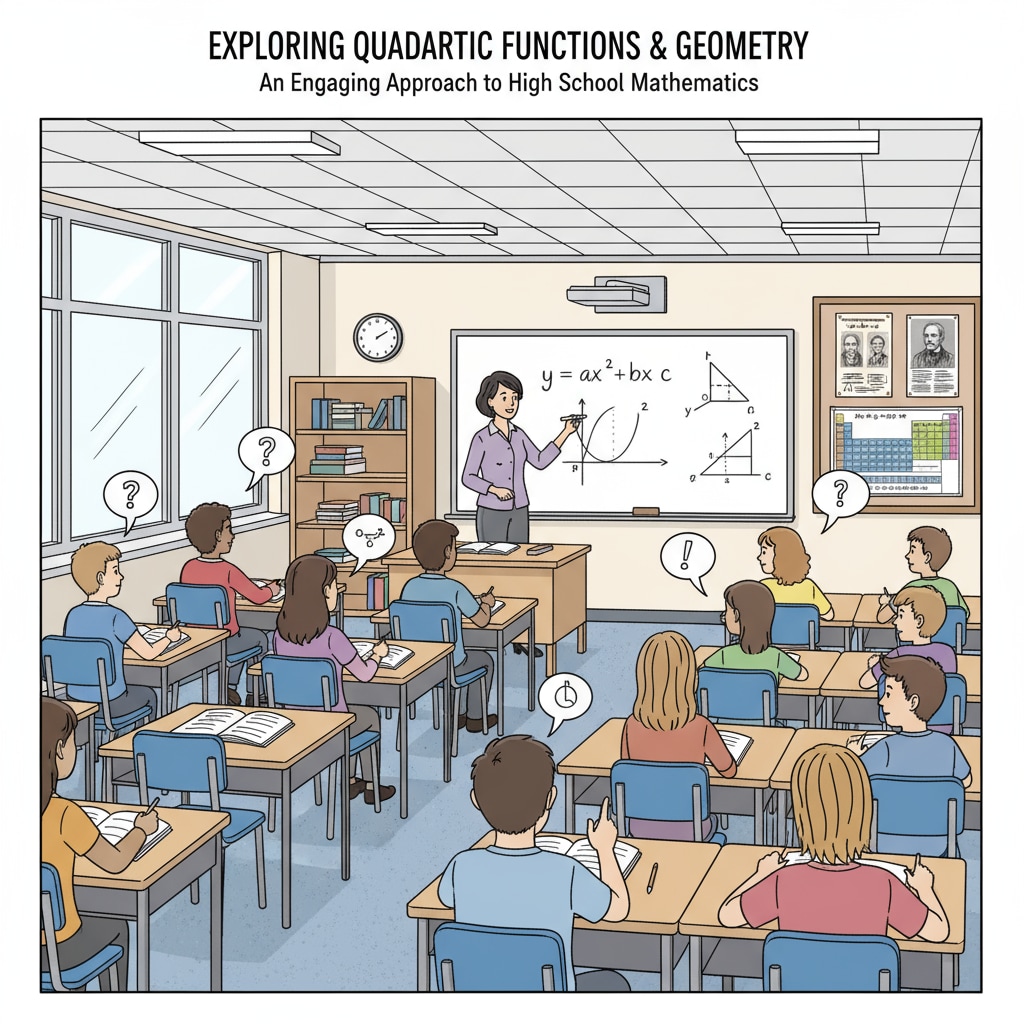In the realm of education, the issues of high school mathematics, calculus, parental expectations, and educational intervention often intersect in complex ways. Parents frequently find themselves overly worried when their 9th-grade students haven’t delved into calculus yet. This concern, while well-intentioned, often stems from a misunderstanding of the natural flow of mathematical education.

The Root of Parental Anxiety
Parents’ anxiety about their 9th graders not knowing calculus can be traced back to several factors. Firstly, in today’s highly competitive society, there is a common perception that early exposure to advanced mathematical concepts like calculus will give students an edge in the future. For example, they may believe that it will enhance college admissions prospects. As a result, they worry that their children will fall behind if they don’t start early. Secondly, the influence of peer pressure plays a role. When parents see other children seemingly advancing quickly in their studies, they become anxious about their own child’s progress. According to Britannica’s Education section, this kind of external comparison can significantly impact parental expectations.
The Natural Progression of Math Education
Mathematics education follows a carefully structured progression. In high school, students need to build a solid foundation in fundamental concepts before moving on to more advanced topics like calculus. For instance, they must master algebra, geometry, and trigonometry first. These subjects provide the necessary tools and understanding for comprehending the complex ideas in calculus. As explained on Wikipedia’s High School Mathematics page, rushing into calculus without a proper base can lead to a shaky understanding and potential learning difficulties. Therefore, it’s crucial to respect this natural order of learning.

Moreover, each student has their own learning pace. Some may grasp concepts more quickly, while others need more time to fully understand and internalize them. Forcing a 9th grader into calculus when they’re not ready can cause unnecessary stress and a negative attitude towards learning. Instead, parents should focus on ensuring their children have a deep understanding of the current curriculum and are building a love for learning mathematics.
Readability guidance: As seen above, we break down complex ideas into shorter paragraphs. Each H2 section presents a clear topic with supporting explanations. Transition words like ‘firstly’,’secondly’, ‘therefore’, and ‘for instance’ are used to enhance the flow. We also include external links to reliable sources to provide more in-depth information.


